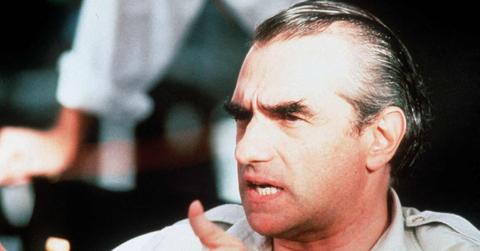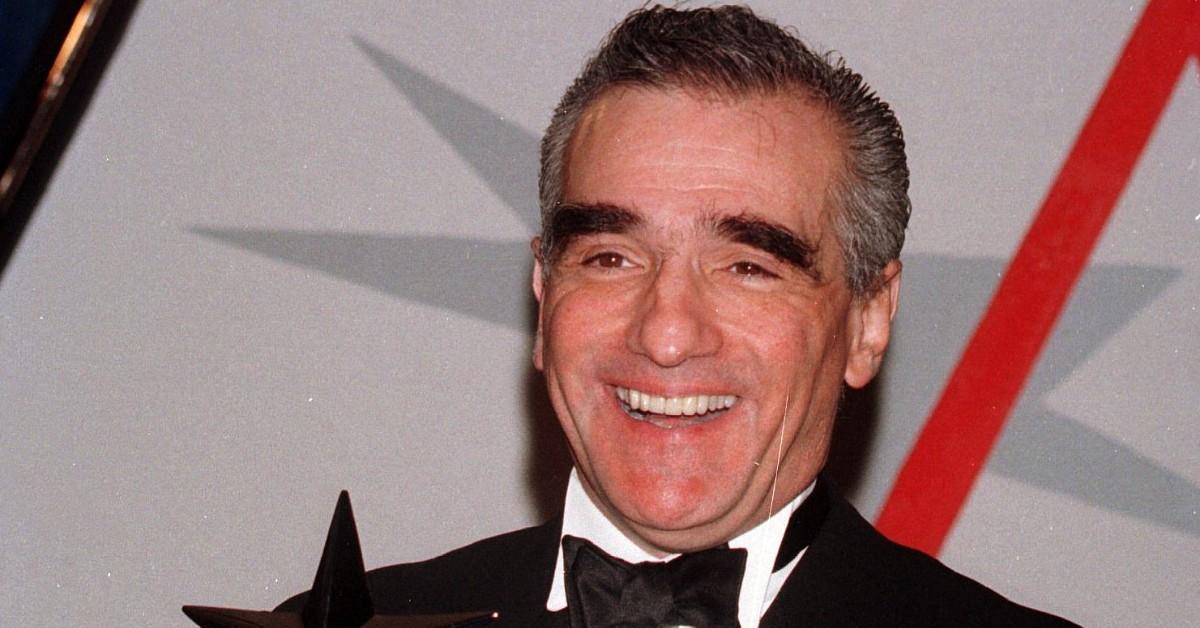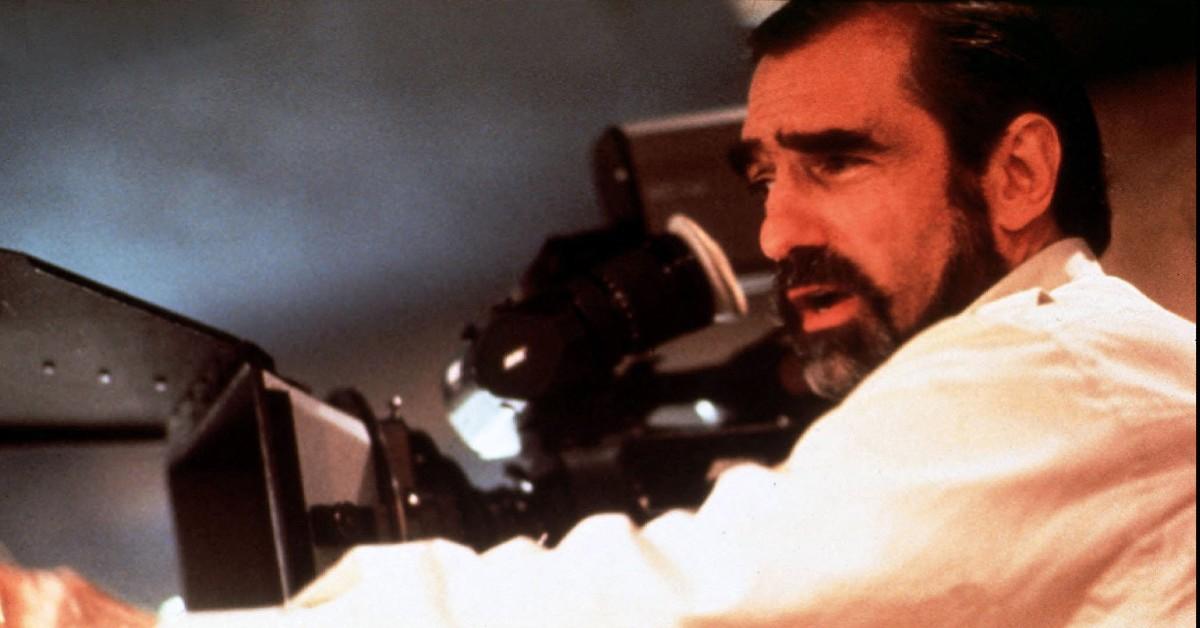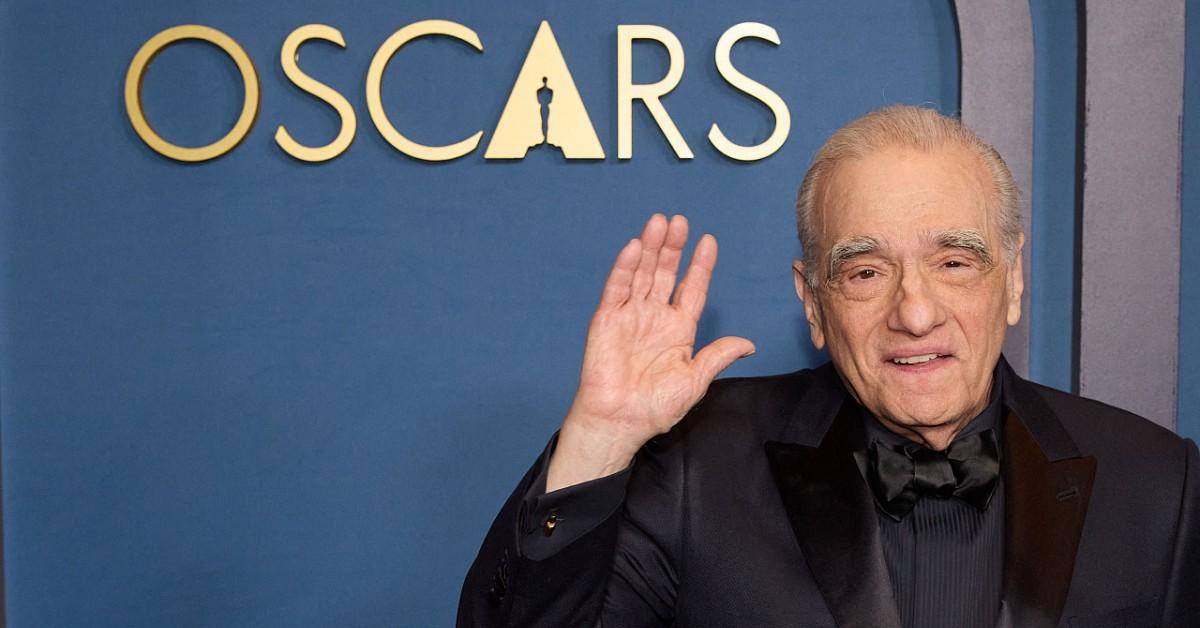 EXCLUSIVE
EXCLUSIVEHow Martin Scorsese Strapped on Bulletproof Vest and Was Secretly Surrounded by Undercover FBI Agents at Oscars — After One of His Most Famous Movies Inspired Failed Presidential Assassination Bid

Martin Scorsese wore a bulletproof vest to the 1981 Oscars, as he was nervous about being killed.
Nov. 16 2025, Published 8:00 a.m. ET
Martin Scorsese once attended the Academy Awards wearing a bulletproof vest – terrified he could be shot because of his film Taxi Driver.
The celebrated director, then 38, was also shadowed by undercover FBI agents after authorities feared a copycat attack following John Hinckley Jr.'s attempt to assassinate President Ronald Reagan, an act inspired by the movie.

Martin Scorsese wore a bulletproof vest to the Oscars.
Scorsese's extraordinary security measures were taken at the 1981 Oscars, held just days after Reagan was shot. Hinckley, then 25, had become obsessed with actress Jodie Foster after watching her play a child prostitute in Scorsese's 1976 Taxi Driver masterpiece.
He began stalking her at Yale University, writing love letters and plotting to impress her by reenacting the film's climactic violence – a disturbed echo of Robert De Niro's unhinged character, Travis Bickle.
Scorsese, now 82, spoke briefly about the chilling period in the new Apple TV+ documentary Mr. Scorsese. "Violence is scary in yourself. Are you capable of it?" he said. "Violence on screen is commendable – if it's truthful violence."
But sources close to the director said in private, he was "deeply shaken" by Hinckley's actions and feared he could become a target himself.

Martin Scorsese was nervous he could be killed, a source claimed.
Want OK! each day? Sign up here!
One longtime associate recalled: "Marty was genuinely terrified at the time of the Hinckley assassination attempt. The FBI warned him that certain individuals had made threats. He didn't want to go to the Oscars at all. But he eventually agreed on the condition that he'd wear a bulletproof vest and that plainclothes agents would sit near him. He was pale, trembling – he thought at any moment someone could step out of the crowd with a gun."
Scorsese's then-wife, actress Isabella Rossellini, confirmed the director wore protective gear under his tuxedo that night. She remembered the tension vividly, saying friends advised him not to appear publicly so soon after the attack on Reagan.
"He was convinced that the violence of Taxi Driver had come back to haunt him," another source said. "The connection between art and real-life tragedy weighed on him heavily."

Martin Scorsese rarely talks about that night.
Hinckley's obsession with Foster began in 1980, when he saw Taxi Driver, identifying disturbingly with De Niro's alienated antihero. He became convinced killing Reagan would impress Foster, and he thought they were a "historical couple" like Napoleon and Josephine.
On March 30, 1981, he fired six shots outside the Washington Hilton, wounding Reagan and three others. When investigators searched Hinckley's hotel room, they found volumes of notes about Foster and repeated references to Taxi Driver.
The fallout sent shockwaves through Hollywood. Some critics questioned whether Scorsese's film had glorified violence, while others defended it as a brutal warning against isolation and obsession. The director also privately felt personally responsible, despite his continuing insistence violence on screen has a place as long as its horror is portrayed realistically.
"He didn't condone Hinckley's behavior, but he carried guilt over it," said a source. "He kept saying, 'If my film reached someone like that, what have I done?'"
At the 1981, where Raging Bull was nominated for eight awards, the event was postponed for a day in the wake of the shooting. De Niro won Best Actor, but Scorsese left soon after the ceremony ended, flanked by federal agents. "He looked like a man escaping the scene of his own movie," said one witness.
The director has rarely spoken of that night, yet those who know him say the fear never fully left. "For him, it was the moment when fiction and reality collided," an insider said. "He walked into the Oscars a filmmaker and walked out realizing his art could change – and endanger – lives."

